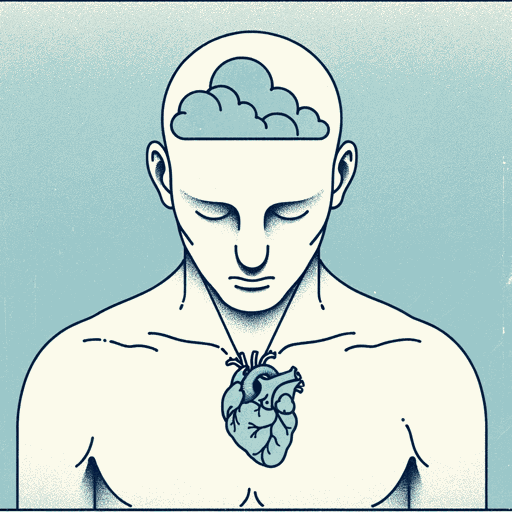64 pages • 2 hours read
Gabor MatéScattered Minds: The Origins and Healing of Attention Deficit Disorder
Nonfiction | Book | Adult | Published in 1999A modern alternative to SparkNotes and CliffsNotes, SuperSummary offers high-quality Study Guides with detailed chapter summaries and analysis of major themes, characters, and more.
Introduction-Part 1Chapter Summaries & Analyses
Part 1: “The Nature of Attention Deficit Disorder”
Introduction Summary
Maté outlines his belief that attention deficit disorder (or ADD) is a misunderstood condition. Maté’s personal experience with ADD and his interactions with his children with ADD have left him with the impression that ADD is a product of genes and parenting. Neuroscience, he says, has established the importance that experience plays in gene expression. Still, the public debate surrounding ADD tends to either pathologize ADD as a hereditary condition or dismiss it as bad parenting. Biological heredity alone cannot explain the development of a child’s psychological state, nor does a strictly moral argument suffice. Using case histories as a guide, Maté intends to examine the impact that stress in family systems and societal pressures place on a child’s neurophysiological development.
Part 1, Chapter 1 Summary: “So Much Soup and Garbage Can”
Maté discusses his own experience with ADD. Once he started looking into ADD, Maté recalls experiencing real insight into and hope for himself for the first time. The diagnosis seemed to organize the chaotic and discordant thoughts and emotions Maté had experienced all his life, creating a sense of psychological harmony from a fragmented mind. Maté describes some common symptoms of ADD, such as scattered and avoidant attention, the fear of one’s own mind, and the feeling that one ought to be different than one is without the understanding of how to be any other way.
Related Titles
By Gabor Maté




